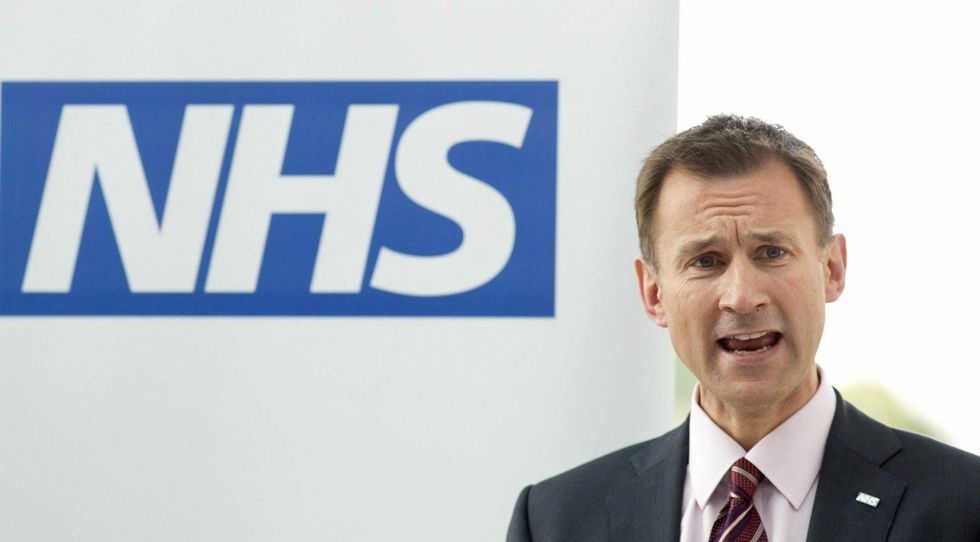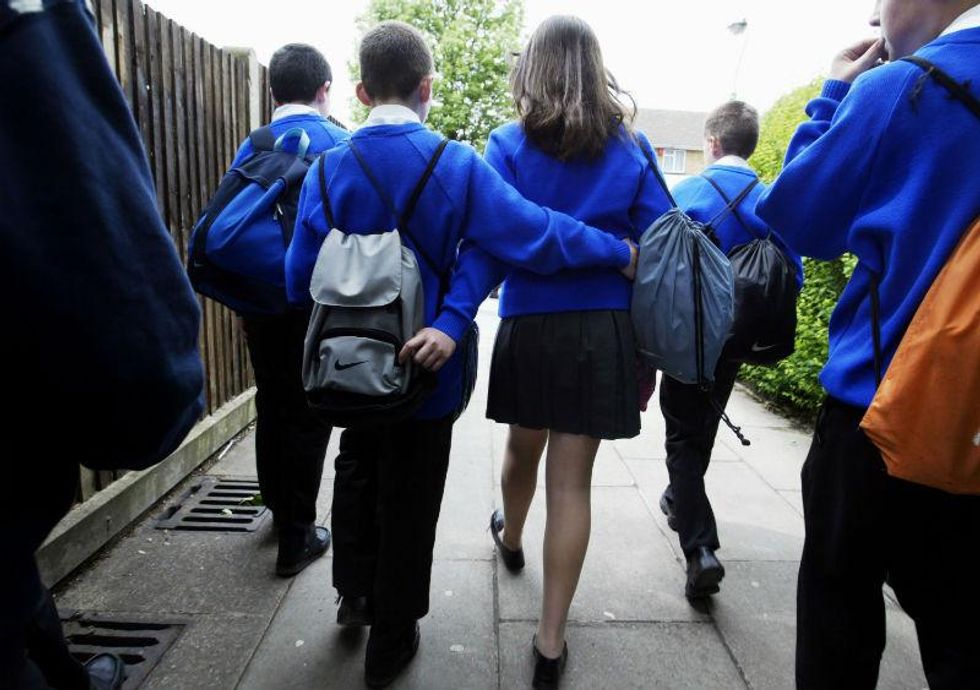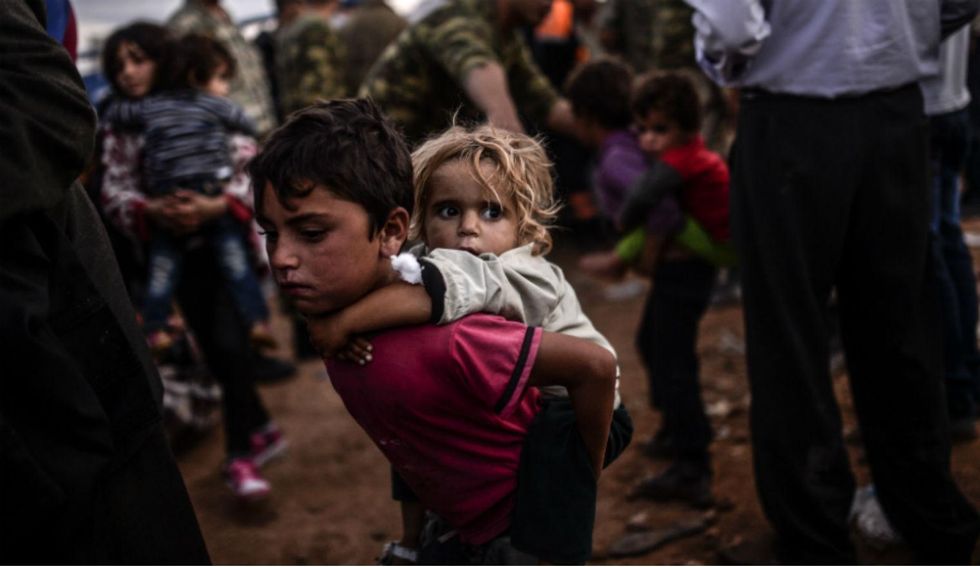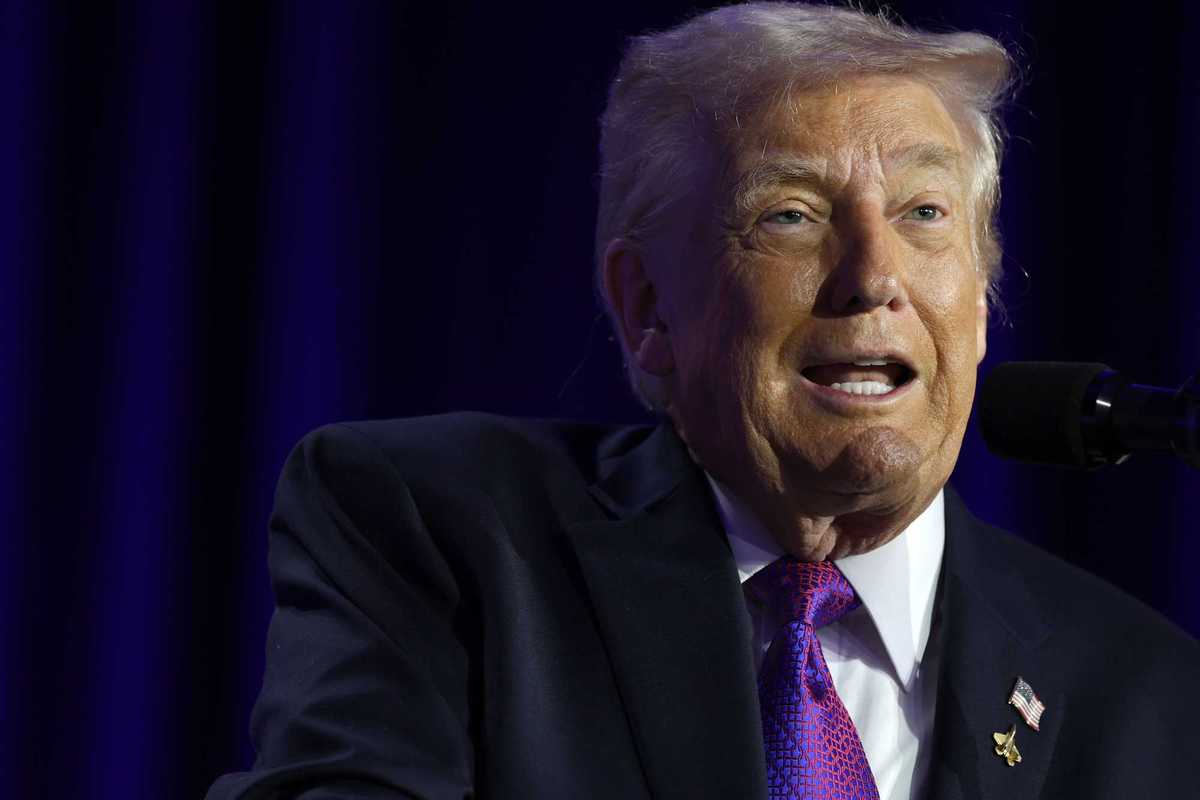News
Narjas Zatat
Mar 16, 2016
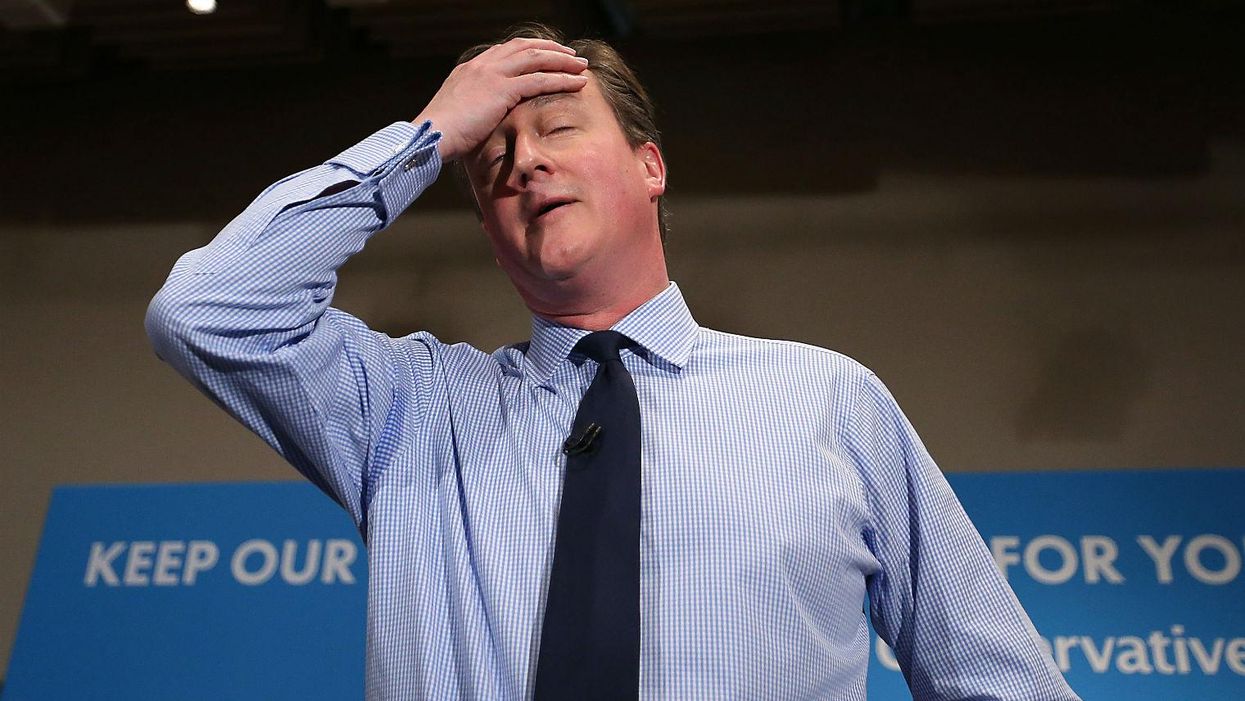
Photo: Peter Macdiarmid/Getty Images
George Osborne will be outlining the details of his Budget on Wednesday along with a reported £4 billion of spending cuts.
As the spotlight is firmly on him and his party, and with their opinion poll ratings sliding, here are 10 of the most controversial things the Tory government has done since the election...
1. Junior doctors' contracts
Health Secretary Jeremy Hunt has been heavily criticised after his decision to impose a new contract which would mean longer working hours for junior doctors.
A petition to oppose this has collected over 300,000 signatures.
2. Snooper's Charter
The government would have the power to hack your iPhone, laptop and other personal technological equipment without your knowledge and remotely monitor your communications and activities.
Because of the vague wording, the Bill could allow the government to surveil any British citizen, globally, and collect internet connection records arbitrarily. Critics of the bill call it an authoritarian move.
3. Fox hunting
Cabinet Office Minister Mathew Hancock will reopen a vote to Conservative party MPs that could repeal Labour's Hunting Act 2004, which banned the hunting of wild animals with dogs.
Fox hunting, which has been historically used as a pest control developed into a sport in the late eighteenth century and was banned to protect Britain's wildlife.
4. No more maintenance grants for poorest students
The Tory government announced plans to scrap maintenance grants for the poorest of university students, which could damage the future prospects of at least 500,000 learners.
David Cameron has pledged to increase student loans, but all this means is that students coming from low income families will be in even more debt when they graduate.
5. Cuts to disability benefits
Cuts to Personal Inpdenendence Payments (PIP) will remove 200,000 disabled people from the system.
These payments have given financial aid to those aged between 16 and 64 with long term disabilities, and these cuts, according to the Independent...:
…will reduce the number of points given to people who need help with tasks such as washing themselves, clothing themselves and going to the toilet unaided, resulting in lower or no payments.
6. Boundary reform
Boundaries are currently drawn based on the electoral register, but reform would mean switching to Individual Electoral Registration.
Plans to decrease the number of MPs in the House of Commons from 650 to 600 could affect constituency size, decrease variation in voting patterns and in turn endanger equal representation.
7. Academies
The plan to turn all schools into academies by 2020 would mean scrapping the national curriculum, as well as national pay agreements for teachers.
The reform would privatise education, and take powers away from local councils who provide support services for schools.
8. Prevent strategy
This controversial anti-terrorism strategy has been heavily criticised for being discriminatory against Muslims, as well as a "counter-productive" measure that will splinter, rather than unite communities.
Under the current strategy, school staff are instructed to report signs of radicalisation in pupils, although details of what actually constitutes that behaviour are unclear, and various organisations have requested an independent review of the programme.
9. Crackdown on trade unions
New plans have been unveiled to criminalise picketing, limit the time public sector workers can spend on trade union duties and give employers powers to hire ‘strike-breaking agency staff’ employers, and will de-incentivise strike action.
10. Refugee crisis
David Cameron pledged to receive and re-home 20,00 Syrian refugees by 2020.
Germany, by contrast, processed that number in a single weekend, and has stated it could take approximately one million refugees.
The European Commission estimate that over three million refugees will enter the European Union by 2016, and 27 charities have condemned Cameron's pledge as 'inadequate'.
More: The public finally thinks the Conservatives are more divided than Labour
More: Six laws the Conservatives have tried to pass without permission from the House of Commons
Top 100
The Conversation (0)
